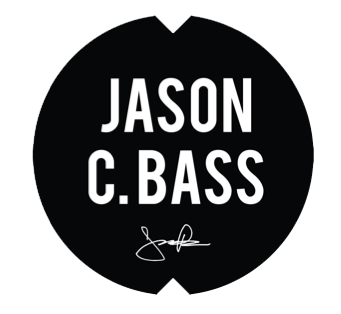5 Key Factors That Make Your Event Proposal Irresistible
If you’re a promoter, community builder, event planner, or just getting started, chances are you don’t own or operate a venue—so you’ll need to pitch your event idea to someone who does. Once you’ve found the perfect space, I can help you organize your thoughts and craft a compelling proposal. Below are five key elements to include in your event pitch. Be concise, clear, and present a strong vision. This guide will help you structure your proposal and set yourself up for success.
Here are five key elements to include in an event proposal that will captivate venue managers, general managers, or hotel managers:
1. Clear Event Vision and Objective
What to Include: Start with a concise overview that explains the purpose of the event, its theme, and its potential impact. Ensure the vision aligns with the venue’s brand and mission.
Why It Works: Venue managers appreciate clarity. Knowing exactly what you aim to achieve helps them see how the event complements their space and guest experience.
2. Detailed Programming and Schedule
What to Include: Provide a clear breakdown of the event’s flow—timelines, activities, performances, and key moments. Highlight any unique programming elements, such as interactive experiences or partnerships.
Why It Works: A well-structured schedule shows your organizational skills and how the event will integrate with the venue's operations, minimizing disruption and maximizing engagement.
3. Target Audience and Expected Foot Traffic
What to Include: Define the event’s target audience (e.g., demographics, interests) and project the number of attendees. Include data on how you’ll attract guests, such as marketing plans, partnerships, or influencer collaborations.
Why It Works: Managers want to ensure that events bring in the right clientele and meet their business goals, like driving F&B sales or showcasing the venue’s offerings to a new audience.
4. Revenue Potential and Financial Impact
What to Include: Outline the expected financial benefits, such as ticket sales, increased F&B revenue, or boosted occupancy if applicable. Provide options for venue-specific revenue sharing, sponsorships, or upsell opportunities (VIP packages, bottle service, etc.).
Why It Works: Demonstrating clear ROI is crucial. Venue managers are more likely to approve events that contribute directly to their bottom line or create lasting brand value.
5. Logistical Plan and Support Needs
What to Include: Detail your logistical needs—setup, breakdown, AV equipment, staff support, security, and any required permits. Show that you’ve considered how the event will operate seamlessly within the venue’s framework.
Why It Works: Proving that you’ve thought through the logistics and have a professional approach gives venue managers confidence that your event won’t cause operational challenges.
By focusing on these key elements, your event proposal will demonstrate both strategic planning and a clear alignment with the venue’s goals, making it more likely to resonate with managers.
Contact me if you need additional help or have questions. Leave a comment and let me know if this was helpful to you.



